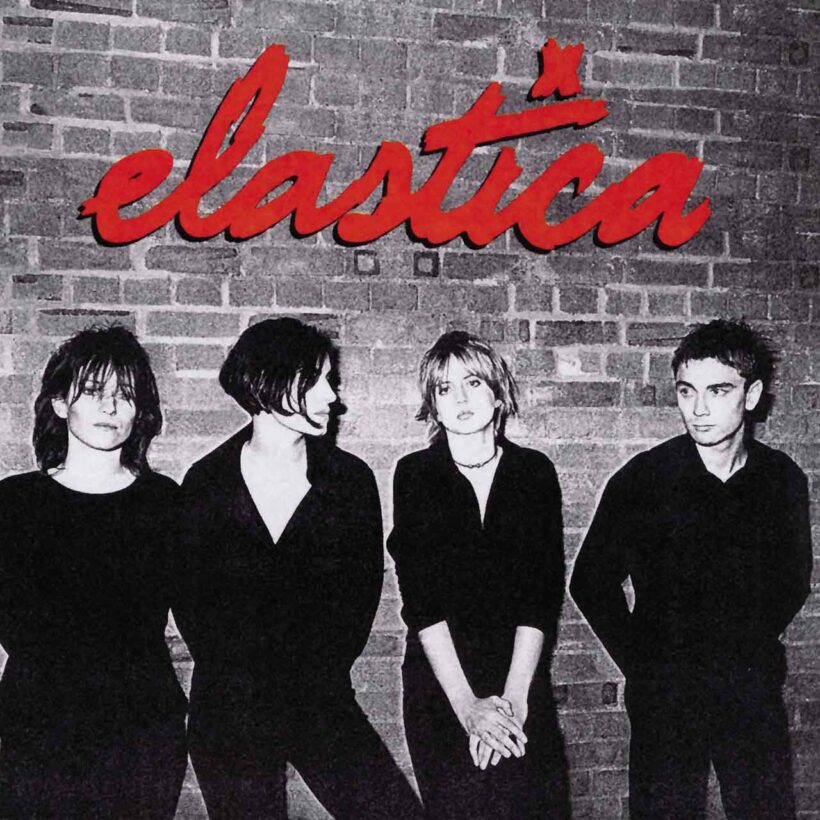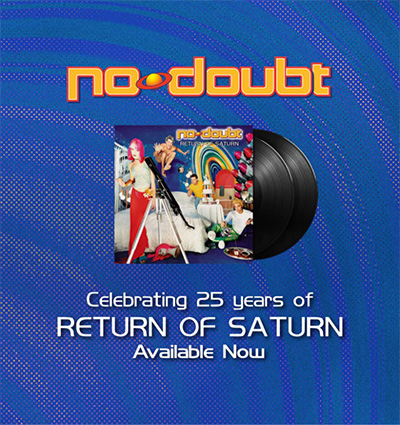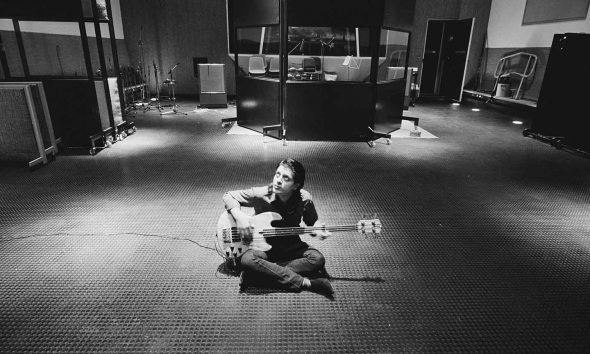‘Elastica’: Revisiting The Britpop Stars’ Exuberant Debut
Poppy, angular, and full of attitude, Justine Frischmann and company burned briefly, but extremely brightly.

Elastica will always be synonymous with the 1990s Britpop movement. Yet it’s fair to say the London-based quartet also fuelled its own legend, for its feisty, self-titled debut even outsold Oasis’ storied Definitely Maybe when it topped the U.K. album chart in the spring of 1995.
However, while it’s impossible to completely separate Elastica from Britpop, it’s entirely reasonable to suggest the record still would have cracked the mainstream in any case. Closer in spirit to new wave luminaries Blondie or The Stranglers rather than contemporaries such as Oasis, Blur, and Pulp, the album’s spiky, yet alluringly melodic songs exuded a broad appeal. Capable of winning over discerning indie-pop fans at home, its prime cuts “Stutter” and “Connection” were also accessible enough to charm the U.S. college radio network, resulting in Elastica going gold in the States within a year of its initial release.
“Connection,” the infectious “Waking Up,” and the sarcastic, groupie-related “Line Up” yielded its highest chart placings, though virtually all of the album’s 15 short, sharp, adroitly-executed songs (adding up to just 38 minutes in total) still sound like they could have been single A-sides. In fact, some of its deeper cuts are still arguably superior. Penned by guitarist Donna Matthews,“2:1” is tautly compelling, while “Annie,” the fizzing, Buzzcocks-esque “All Nighter,” and the provocative “Car Song” all paint credibly vivid portraits of youthful hedonism. But not all of Elastica is in pursuit of teenage kicks: Frischmann’s uncompromising “Never Here” pulls precious few punches in detailing a break-up – and it still sounds wise beyond its years.
Greeted by almost uniformly positive reviews – and a nomination for the U.K.’s prestigious Mercury Music Prize – Elastica could (and probably should) have been the start of something very special. Instead, the pressures of fame quickly impacted on the band. Citing exhaustion, bassist Annie Holland quit during the album’s supporting tour. They soldiered on with a reconfigured lineup, laboring over an underrated second album, The Menace, for several years and released it before splitting for good in 2000. While that release makes for a notable postscript, Elastica’s exuberant self-titled debut is where you should start when exploring the group’s infectious sound.












